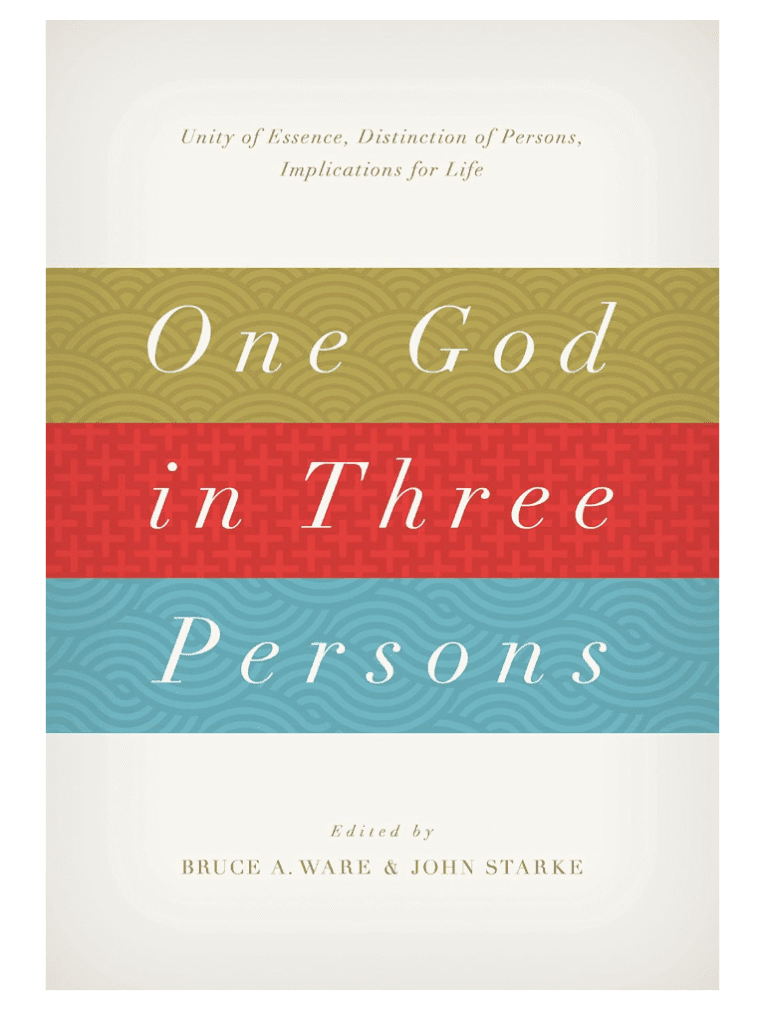No products in the cart.
What Makes Christianity Unique Or Different From Other Religions
This post contains paid and/or affiliate links. I make a small commission at no extra cost to you. Please see our Privacy Policy.
Christianity stands out because it centers on Jesus Christ. Christians see Jesus as the Son of God, sent to save us from sin. This belief in salvation through Jesus is unique.
This idea creates a personal bond between a person and God, through Jesus.
It’s different from other religions that focus on following rules or achieving enlightenment. Christianity offers forgiveness and eternal life through faith in Jesus.
The Concept of Grace and Redemption
Christianity is known for its teaching of grace. This is God’s love and mercy given freely to all.
It’s different from systems where you have to earn salvation by following rules.
Grace means you don’t have to be perfect to be forgiven. This teaching encourages humility and gratitude. It helps believers trust in God’s mercy more than their own achievements.
The Trinity: One God in Three Persons
Christianity also teaches the doctrine of the Trinity. This says there is one God in three persons: the Father, the Son (Jesus), and the Holy Spirit. This idea is central to Christian belief, showing both unity and diversity in God.
No other major religion believes in the same God as the Trinity. This belief shapes how Christians worship and understand God’s role in the world.

The Bible as the Inspired Word of God
Christianity values the Bible as God’s word. While many religions have sacred texts, Christians believe the Bible is unique. It tells God’s story to humanity.
The New Testament focuses on Jesus’s life and teachings. It guides Christian beliefs and practices. The Bible is a living source for millions worldwide.
The Emphasis on Love and Forgiveness
Love and forgiveness are key in Christianity. Jesus taught that loving God and others is most important. He showed forgiveness even to those who wronged Him.
This teaching encourages Christians to forgive and love without limits. It promotes compassion and peace. This shapes Christian communities and their approach to social issues.
Unique Practices and Rituals
Christian worship includes rituals that are symbolic and meaningful:
- Baptism: This rite symbolizes purification and joining the Christian community. It shows a personal commitment to follow Christ.
- Communion (Eucharist): This sacrament remembers Jesus’s last supper. It involves sharing bread and wine, symbolizing unity with Jesus and other believers.
These rituals are powerful expressions of Christian identity and shared belief.
Comparison Table: Christianity and Other Major Religions
| Aspect | Christianity | Islam | Judaism | Buddhism |
|---|---|---|---|---|
| Central Figure | Jesus Christ (Son of God) | Prophet Muhammad | Moses and the Hebrew prophets | Gautama Buddha |
| Concept of God | One God in Trinity | One God (Allah) | One God (Yahweh) | Non-theistic or impersonal divine |
| Salvation Path | Faith in Jesus and grace | Submission to Allah’s will and deeds | Following God’s laws and covenant | Following the Eightfold Path and enlightenment |
| Sacred Texts | Bible | Qur’an | Tanakh (Hebrew Bible) | Tripitaka and Sutras |
How Christianity’s Uniqueness Impacts Believers Today
Christianity is about a personal and loving relationship with God through Jesus Christ. This makes faith transformative, not just traditional.
It brings hope, purpose, and a community united by grace and eternal life.
This focus on love drives Christianity’s work for social justice and helping others. Followers aim to show Christ’s love in action.
This inspires real-world changes, not just personal growth.
Exploring what makes Christianity unique? Key elements like Christ, grace, the Trinity, the Bible, and love’s importance are key. They show why Christianity stands out among world faiths today.
How Christian Beliefs Shape Daily Life and Moral Values Compared to Other Faiths
Christianity deeply shapes how followers live and think. It influences their interactions, decisions, and views of the world.
Unlike many religions, Christianity focuses on a personal relationship with God through Jesus Christ. This shapes their choices and ethics in unique ways.
Core Beliefs That Influence Life and Morality
Christianity is built on love, forgiveness, grace, and redemption. These ideas guide how Christians live and think. For example, loving others as oneself (Mark 12:31) encourages kindness and fairness. This is different from other religions, which often stress strict laws or karma.
The belief in salvation through Jesus also shapes moral values. It emphasizes grace over works, motivating believers to live righteously out of gratitude. This is different from religions that focus on law or karma for ethics.
Daily Practices Rooted in Faith
Christian daily life includes prayer, reading scripture, attending church, and helping others. These habits guide a moral compass based on Christian teachings. For instance, prayer helps believers seek guidance, confess mistakes, and grow in humility and gratitude.
- Prayer and Meditation: A routine that fosters reflection, personal growth, and connection with God.
- Bible Study: Regular engagement with scripture helps believers internalize values like honesty, integrity, and justice.
- Community Worship: Participation in communal services promotes accountability, support, and shared moral standards.
- Acts of Charity: Christians often engage in helping the poor and marginalized, modeling Christ’s compassion.
Comparisons With Other Faith Traditions
While many religions teach moral living, Christianity is unique in its focus on grace and transformation through a personal Savior. For instance:
Christianity: A Unique Moral Framework
| Aspect | Christianity | Islam | Buddhism |
|---|---|---|---|
| Moral Motivation | Grace and love from God, leading to voluntary obedience | Submission to Allah’s laws and guidance | Following the Eightfold Path to end suffering and attain enlightenment |
| Core Ethical Code | Ten Commandments plus Jesus’ teachings on love and forgiveness | Sharia law and Five Pillars stressing worship and conduct | Precepts like non-violence, truthfulness, and compassion |
| Concept of Salvation | Faith in Jesus Christ and resurrection | Submission to Allah and righteous deeds | Achieving Nirvana through enlightenment |
| Role of Rituals | Regular worship, sacraments like Communion | Daily prayers, fasting in Ramadan | Meditation and mindfulness practices |
The Impact of Christian Ethics on Personal and Social Behavior
Christian values lead many to value honesty, humility, and service. The belief in being created in God’s image promotes respect for all people. This belief also drives efforts for social justice.
Christianity teaches to care for the Earth as a gift from God. This view influences lifestyle choices and community involvement. It even shapes political decisions.
How Faith Transforms Personal Identity and Decisions
For Christians, faith changes how they make decisions in life. It guides them to choose honesty and patience. This is different from other moral views.
Living morally in Christianity is seen as worship and gratitude. It’s deeply tied to being a follower of Christ.
Christian beliefs shape daily life through faith, community, and scripture. This makes Christianity unique by blending ethics with spiritual motivation.
Conclusion: What Makes Christianity Unique
Christianity is distinct in many ways that shape belief and daily life. It focuses on a personal relationship with Jesus, stressing grace, forgiveness, and love.
This personal connection influences how followers face life’s challenges and moral decisions.
Christianity’s message of unconditional love is unique. It encourages believers to live with humility and kindness.
This impacts their actions and choices every day.
Christianity’s community-oriented worship supports individuals in living out values like honesty and charity. This blend of faith and life creates a meaningful guide for ethical living.
For those seeking a religion that combines deep spirituality with actionable values, Christianity is compelling. It offers insights into faith, life, and purpose.
















